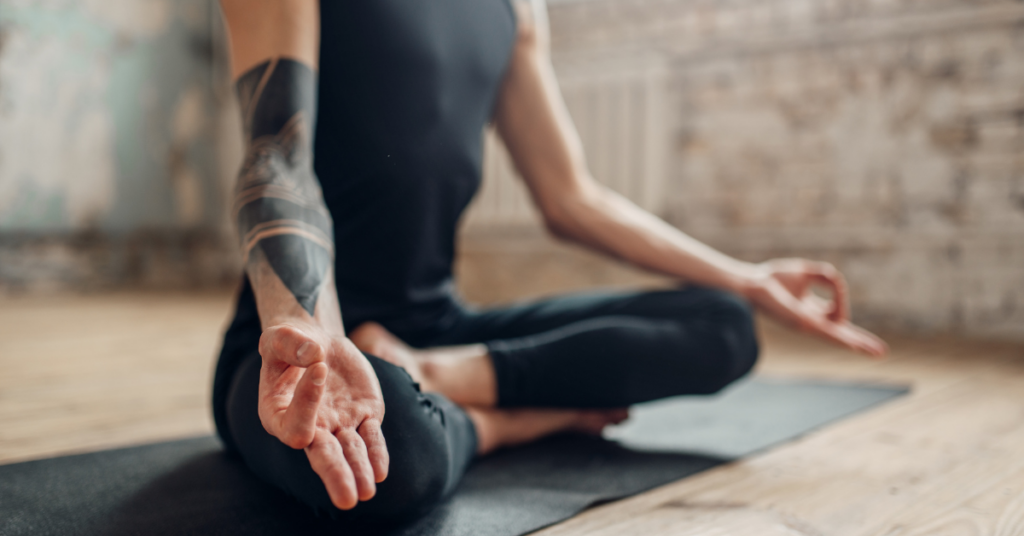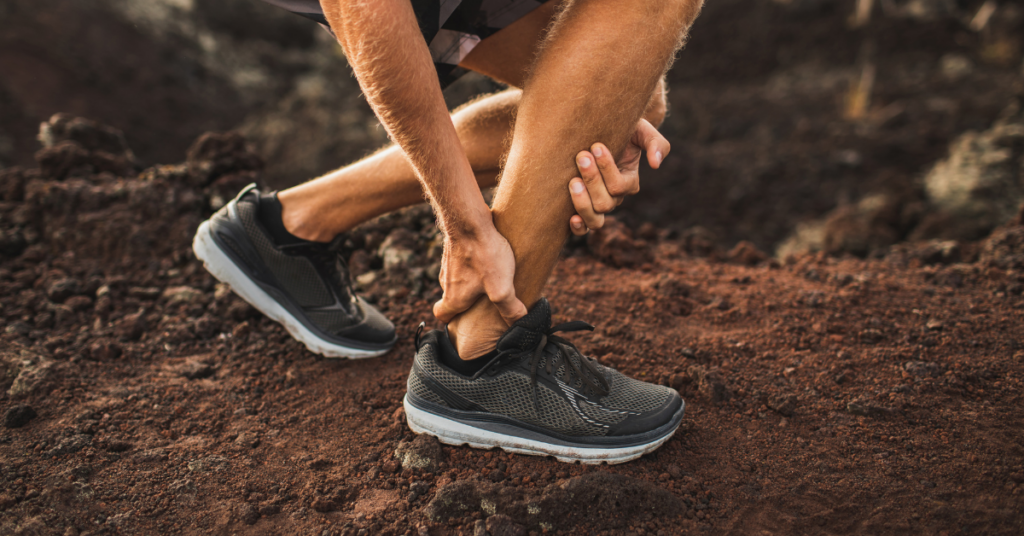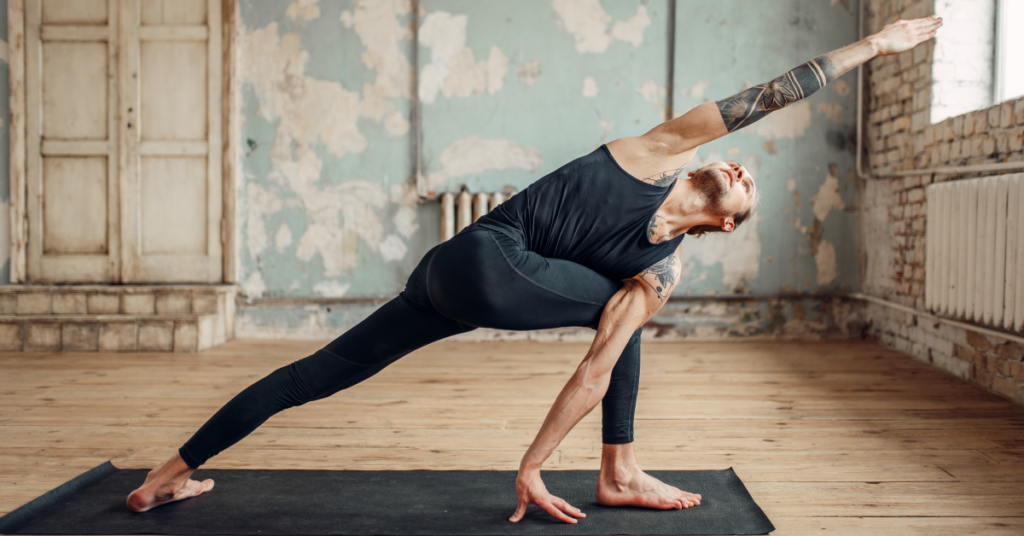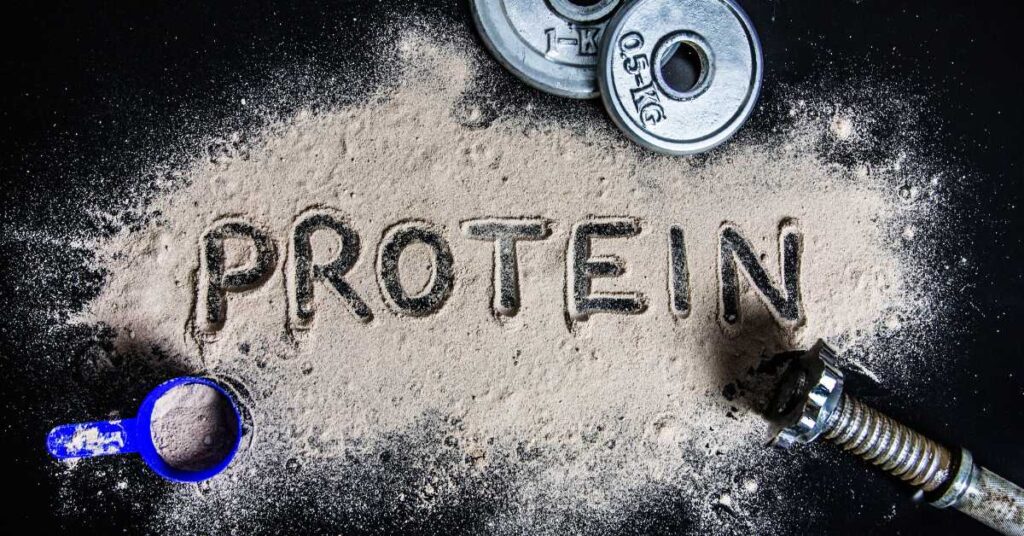Introduction
In the world of sports, physical training and skill development often take the spotlight. However, mental well-being is equally important for athletes to perform at their best. One powerful tool that athletes can incorporate into their training and daily lives is mindfulness and meditation. These practices can help athletes enhance their focus, reduce stress, and cultivate self-awareness. In this article, we will explore the benefits of mindfulness and meditation for athletes and provide practical tips on how to incorporate these practices into their routines.
Understanding Mindfulness and Meditation
Before diving into the benefits and techniques, it’s important to understand what mindfulness and meditation are. Mindfulness refers to the state of being fully present and aware of the present moment without judgment. It involves paying attention to one’s thoughts, feelings, bodily sensations, and the surrounding environment. On the other hand, meditation is a practice that trains the mind to achieve a state of focused attention, calmness, and clarity. It can be done in various forms, such as focusing on the breath, visualizations, or loving-kindness.
Benefits of Mindfulness and Meditation for Athletes
Incorporating mindfulness and meditation into an athlete’s routine can yield numerous benefits:
- Improved focus and concentration: Mindfulness practices enhance an athlete’s ability to stay focused on the task at hand, block out distractions, and maintain concentration during training and competitions.
- Stress reduction and relaxation: Athletes often experience high levels of stress and pressure. Mindfulness and meditation techniques help reduce stress, promote relaxation, and create a sense of calmness.
- Enhanced self-awareness and emotional regulation: These practices increase athletes’ self-awareness, allowing them to better understand their thoughts, emotions, and physical sensations. This self-awareness aids in managing emotions and responding to challenges with greater resilience.
- Increased resilience and mental toughness: Mindfulness and meditation contribute to the development of mental resilience, allowing athletes to bounce back from setbacks and maintain a positive mindset.
- Improved decision-making and performance: By training the mind to be present and focused, athletes can make better decisions, react quickly, and perform at their best when it matters most.
Incorporating Mindfulness into Training
To incorporate mindfulness into training, athletes can try the following techniques:
- Mindful breathing exercises: Taking a few minutes each day to focus on the breath can help athletes anchor themselves in the present moment, reduce stress, and enhance concentration.
- Body scan meditation: This practice involves systematically bringing attention to different parts of the body, noticing sensations, and cultivating a sense of relaxation and connection with the body.
- Mindful movement and visualization: Athletes can infuse mindfulness into their physical training by bringing awareness to their movements, noticing the sensations, and visualizing successful outcomes.
Establishing a Meditation Practice
To establish a meditation practice, athletes can follow these steps:
- Finding a quiet space and setting a routine: Designate a quiet and comfortable space for meditation practice. Establish a regular routine that works best for the individual’s schedule.
- Different meditation techniques for athletes: Explore various meditation techniques, such as breath-focused meditation, loving-kindness meditation, or visualization, to find the one that resonates most.
- Gradual progression and consistency: Start with shorter meditation sessions and gradually increase the duration. Consistency is key to experiencing the long-term benefits of meditation.
Mindfulness and Meditation for Competition
Mindfulness practices can greatly benefit athletes during competitions:
- Pre-competition routines: Incorporate mindfulness exercises as part of pre-competition routines to help calm the mind, reduce anxiety, and enhance focus.
- Managing performance anxiety and pressure: Mindfulness techniques, such as grounding oneself in the present moment and acknowledging thoughts and emotions without judgment, can help athletes manage performance anxiety and perform at their best.
- Staying present in the moment: Mindfulness allows athletes to stay fully present during competitions, enabling them to respond quickly, make split-second decisions, and perform with precision.
Mindfulness in Injury Rehabilitation
Injuries can be mentally challenging for athletes, but mindfulness can aid in the rehabilitation process:
- Coping with setbacks and injuries: Mindfulness helps athletes accept the reality of injuries, acknowledge their emotions, and cultivate resilience during the recovery process.
- Using mindfulness to aid recovery: By bringing awareness to their bodies, athletes can develop a deeper connection with the healing process, promote relaxation, and support physical recovery.
- Maintaining a positive mindset: Mindfulness practices assist athletes in maintaining a positive outlook, focusing on progress, and staying motivated throughout the rehabilitation journey.
Frequently Asked Questions (FAQs)
Q1: Can mindfulness and meditation improve athletic performance?
Yes, mindfulness and meditation have been shown to improve athletic performance by enhancing focus, reducing stress, and promoting resilience. These practices train the mind to stay present, make better decisions, and perform at optimal levels.
Q2: How often should athletes practice mindfulness and meditation?
The frequency of practice varies for each individual. Starting with a few minutes each day and gradually increasing the duration is a good approach. Consistency is key, so finding a routine that fits within an athlete’s schedule and committing to regular practice is important.
Q3: Can mindfulness help with sports-related stress?
Absolutely. Mindfulness practices are effective in reducing stress and promoting relaxation. Athletes can use mindfulness techniques to manage stress before, during, and after training sessions or competitions.
Q4: Is there scientific evidence to support the benefits of mindfulness and meditation for athletes?
Yes, there is a growing body of scientific research that supports the benefits of mindfulness and meditation for athletes. Studies have shown improvements in focus, stress reduction, emotional regulation, and overall well-being among athletes who incorporate mindfulness into their routines.
Q5: How long does it take to experience the benefits of mindfulness and meditation?
The benefits of mindfulness and meditation can be experienced immediately, even after a short practice session. However, the long-term benefits typically develop over time with consistent practice. Patience and persistence are key to fully experiencing the positive effects.
In conclusion, mindfulness and meditation are powerful tools that athletes can utilize to enhance their mental well-being and performance. By incorporating these practices into training, competitions, and injury rehabilitation, athletes can cultivate focus, reduce stress, and develop the resilience needed to excel in their respective sports. Embracing mindfulness as a part of their athletic journey can lead to not only improved performance but also a greater sense of overall well-being.







